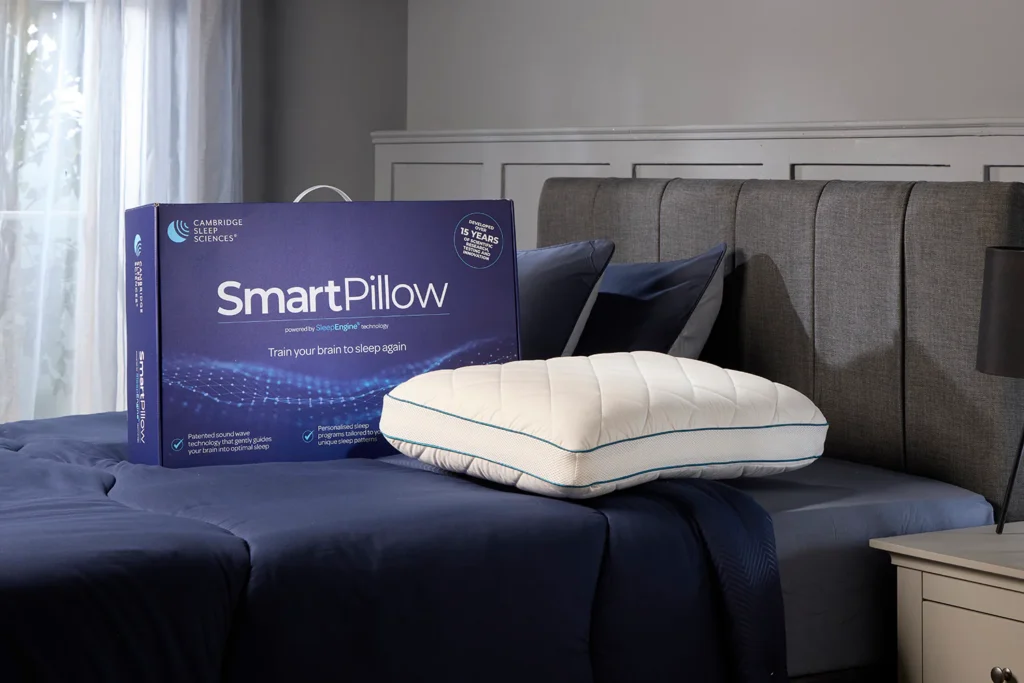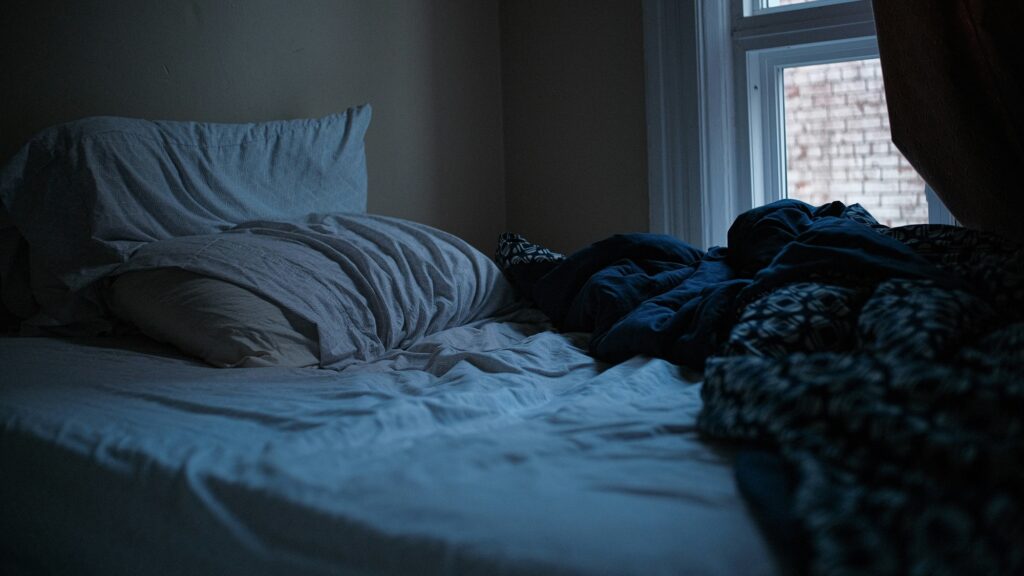Sleep is amongst one of the most mystic physiological activities that’s out there. When we think about fitness, the first thing that comes to mind is how much we workout and what we eat—sleep isn’t something that seems to be a part of the traditional fitness industry. Though modern research about human longevity and performance has something different to say.
Most people get that it’s important to get enough sleep to be well-rested and focused, but not all sleep hours are the same. When we think about sleep optimization, it is important to get not just 8 (or 9) hours but to get enough quality sleep within those sleep hours.
To understand this, let’s look at the various sleep zones and the role they play:
Sleep is generally divided between REM (Rapid Eye Movement ) and Non-REM sleep.
Zone 1:
- Body functions like heartbeat, respiration, and eye movements begin to slow down
- Compared to the wakeful state, the brain waves slow down
- Your muscles relax with occasional twitches
Zone 2:
- Reduction in core temperature
- Body functions continue to slow down
- Brain waves are slow, with some short bursts of activity
Zone 3 and 4:
During these stages:
- Heart rate drops to lowest levels
- Brain waves become the slowest
Slow-wave sleep is the Zone 4 of your sleep zones.
REM:
It is the stage of sleep most associated with dreaming. During this stage of sleep, the skeletal muscles act as if they aren’t active, except the eye muscles.
Recent research shows that Zone 3 and 4 (Deep sleep) contribute to long-term and short-term memory formation along with growth hormone regulation. For folks who want to be efficient with their gains, getting more deep sleep is probably one of the most important things they can do to get more out of their workouts.
Here are some other benefits of deep sleep:
- Helps increase muscle blood supply
- Promotes growth and repair of tissues and bones
- Strengthens the immune system
How to get more deep sleep?
Well, to begin, start measuring your deep sleep to keep a track of what habit changes work for you and what doesn’t. In the world of magic pills, being able to measure impact is the only north star to get to results.
Here are some habits that are known to help people get more deep sleep:
- Keeping your room dark. Light your room can affect your sleep adversely.
- Wear blue light-blocking glasses: Blue light from our screens can suppress melatonin production and make it harder to fall asleep. Try wearing blue light-blocking glasses 2-3 hours before sleep.
- In case you’re going to consume alcohol, do it early. Consuming it closer to sleep might affect your ability to get to deep sleep.
- Don’t consume caffeine post afternoon hours. This cutoff works differently for everybody but consider this as a general rule of thumb.
- Make your bed, daily.
- Develop a sleep routine. Fall asleep and wake up at similar times each day.
Remember, small steps make a massive impact, compounded over a long-term period. Start with small changes towards optimizing your sleep, don’t stress about it. The journey to better health starts with good sleep.
References








